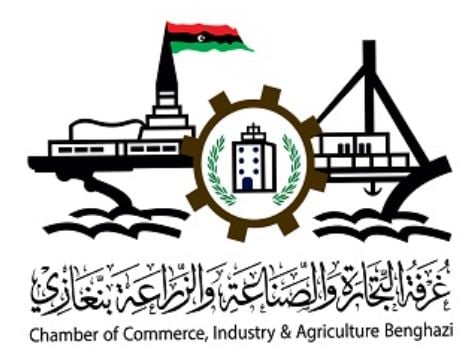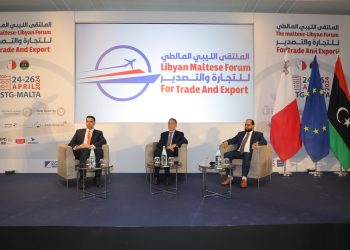The tenth regular meeting of the Supreme Council for Energy and Water Affairs was held last Monday (18 March) at the headquarters of the National Oil Corporation (NOC), headed by the Chairman of the Council, Tripoli based Libyan prime minister, Abd Alhamid Aldabaiba, and in the presence of the Council members, to discuss the files approved on the agenda related to the oil and gas sector.
Necessity of disclosing and transparency about all NOC expenses and projects implemented
In his speech, Aldabaiba stressed the necessity of following up on the plan to increase production and reaching a production of 2 million barrels per day according to timetables, and the necessity of disclosing and transparency about all expenses and projects implemented, and following up on the NOC’s affiliated companies during the implementation of their projects that will contribute to increasing production and clarifying their time periods.
Libya’s oil production will exceed 1.5 million by 2025 and 2 million by 2027
During his review of the NOC’s budget for 2022-2023 and its actual expenditures according to programmes and projects, Farhat Bengdara, chairman of the NOC, confirmed that production will exceed 1.5 million barrels per day by the end of 2025, and reach 2 million within 3 years, explaining that there is a need to continue financial expenditures on ongoing projects to reach the required increased productivity.
Agreement to develop oil and gas discoveries in the Ghadames Basin
The meeting also discussed several files, including the draft regulatory regulations, discussing the development of oil discoveries carried out by Al-Waha Company with foreign partners, and reviewing the technical report of the committee charged with studying the agreement to develop oil and gas discoveries in the Ghadames Basin.
Expected decline in gas production
The NOC’s technical team also made a presentation showing the expected decline in gas production, and the proposed treatments within several projects with the aim of maintaining and increasing gas production.
Necessity of joining efforts between the executive and supervisory bodies
The head of the Administrative Control Authority, Abdullah Gadirbuh, affirmed the authority’s support for the work of the Council as an observer member, stressing the necessity of joining efforts between the executive and supervisory bodies and the Central Bank of Libya in supporting the NOC in order to increase production of oil and gas.
Adopting a three-year or five-year budget
The head of the Audit Bureau, Khaled Shakshak, also stressed the necessity of adopting a three-year or five-year budget, given that the sector’s projects are completed over a period of years, indicating that adopting an annual budget would not be practical with regard to follow-up or completion.
Focus on the principle of disclosure and transparency
The Council members affirmed their support for the efforts of the NOC and the follow-up of all its programmes and projects, and the focus on the principle of disclosure and transparency in all implemented programmes and projects.
Analysis
The meeting of the Council comes at a timely point amid a political struggle between, on the one hand, the Speaker of the House of Representatives (HoR), Ageela Saleh, and his ally on this issue, the Central Bank of Libya (CBL) Governor, Saddek El-Kaber, and on the other hand the Tripoli based Libyan prime minister, Abd Alhamid Aldabaiba.
El-Kaber has introduced a 27 percent levy on official foreign exchange sales at banks to defend the recent sharp fall in value of the Libyan dinar (LD) on the black-market. Aldabaiba has rejected this as price inflationary and politically unpopular.
Amongst other things, El-Kaber accuses Aldabaiba of failing to increase oil production, as promised, in return for the huge, extraordinary budget that the NOC was granted. So far, there is no increased oil production in return for this investment.
To this end, the Council’s meeting has stressed that the NOC should be more proactive in being transparent about where and how this budget is being spent. This is what Aldabaiba meant by ‘‘the necessity of disclosing and transparency about all expenses and projects implemented, and following up on the NOC’s affiliated companies during the implementation of their projects that will contribute to increasing production and clarifying their time periods’’. Also ‘‘and the focus on the principle of disclosure and transparency in all implemented programmes and projects’’.
This is partly to satisfy El-Kaber and partly to win over the grumbling general public.











